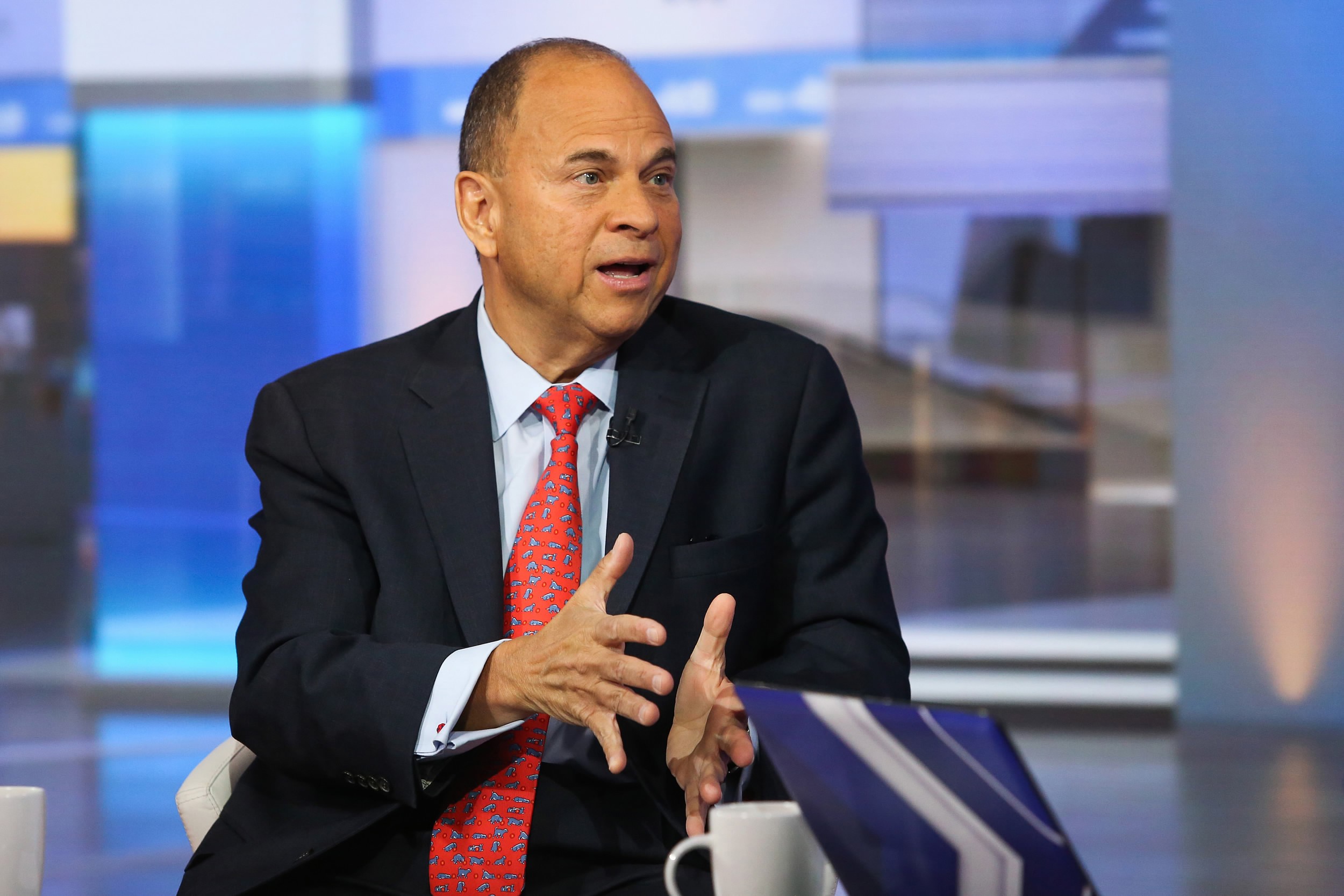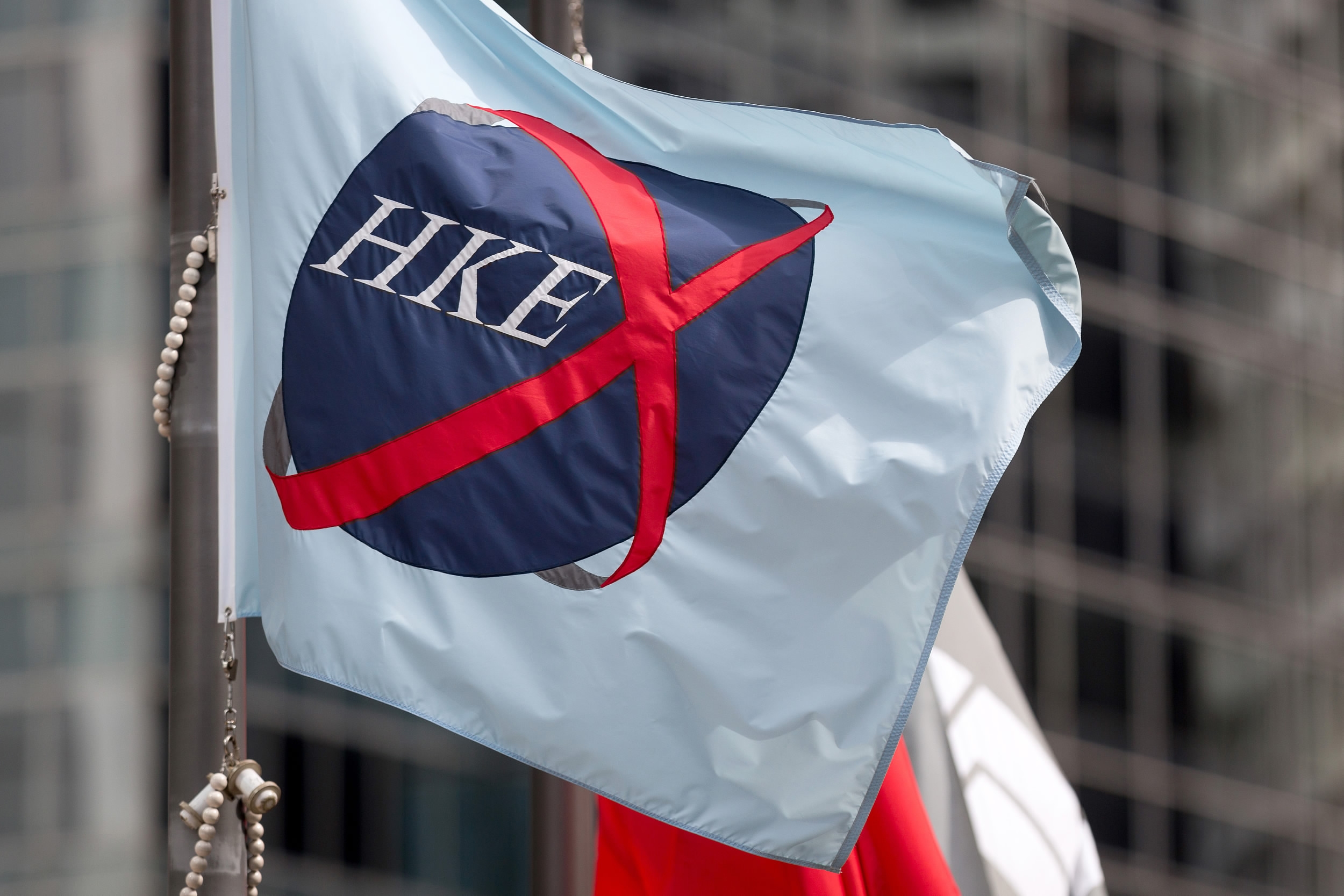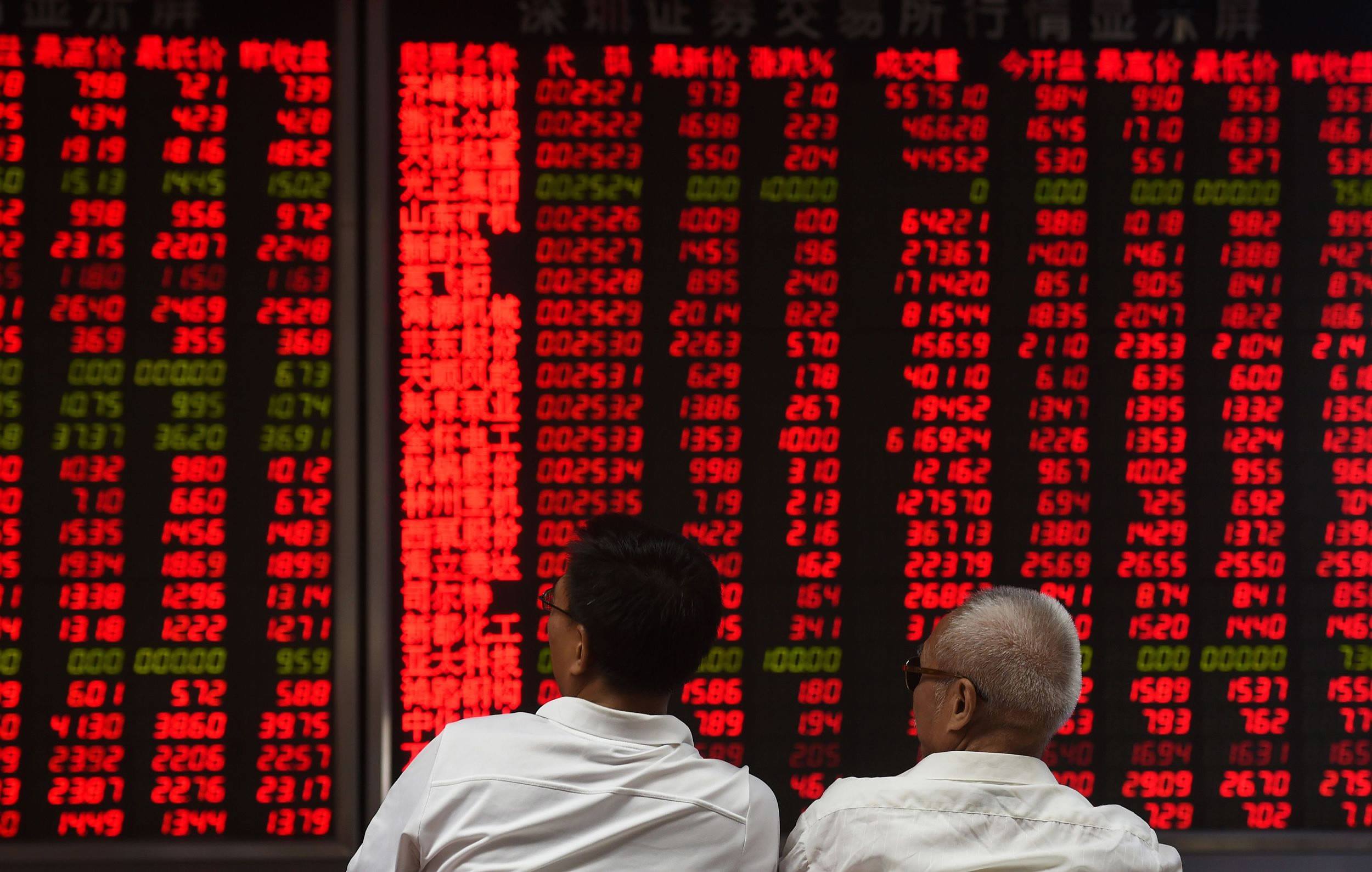On Tuesday evening local time, leading US index provider MSCI Inc. will announce its decision on whether China A-shares will be included on its Emerging Markets index. this will be the fourth year running that investors and policy makers have watched MSCI closely for its decision. But what is the index, and what would inclusion actually mean for China?
What is the MSCI Emerging Markets Index?
The index, launched in 1988, covers 24 emerging markets, as well as 1.5 trillion US dollars in assets, representing 10 percent of world market capitalization. China is already present on the index, in the form of mainland stocks listed in Hong Kong and overseas, such as Alibaba and Baidu which are listed in the US.
Has MSCI considered listing China A-shares before?
Yes – for three consecutive years MSCI announced it was considering listing A-shares, before opting to exclude them from the index. As the world’s second largest equity market, China is hugely attractive for global investors who want greater access to Chinese mainland stocks.

Henry Fernandez, chief executive officer of MSCI Inc., speaks during a Bloomberg Television interview in New York, U.S., on Jan. 6, 2016./VCG Photo
So what’s behind MSCI’s delay on inclusion?
MSCI has consistently cited investor restraints and a lack of accessibility for global investors.
In 2016, MSCI gave three reasons for not including A-shares:
1) Restriction on investment flows
2) Trading suspensions
3) Anti-competitive clauses
However, MSCI did note that “Chinese authorities have introduced significant improvements in the accessibility of the China A-shares market for global investors.”
Why should this year be any different?
Chinese authorities have been carrying out reforms and making it easier for international investors to access mainland markets. Earlier this year, Guo Shuqing, chairman of the China Banking Regulatory Commission, launched what the Financial Times described as a “regulatory windstorm.” New measures were announced in March to supervise lending, as Guo affirmed that he would remove “chaos” from the regulatory system.

The Hong Kong-Shanghai and Hong Kong-Shenzhen Stock Connect systems have already given international investors access to China A-shares./VCG Photo
Since 2014, China has launched Stock Connect systems between Shanghai and Hong Kong and Shenzhen and Hong Kong, allowing international investors to access A-shares through Hong Kong. According to Bloomberg, more than 1,700 mainland shares are available to global investors through the two Stock Connect systems, with inflows from Hong Kong hitting around two billion yuan (294 million US dollars) a day in recent weeks.
MSCI has also adjusted plans for 448 A-shares to be listed on the Emerging Markets Index, reducing that to 169 A-shares if approval is granted. Such a move can be seen as lowering the threshold for China A-shares to finally be included on the index.
And while 2015 was a year of stock market turmoil in China, and 2016 saw continued uncertainty among global watchers, this year has seen increasing stability and confidence in China. Leading investment banks and funds like AXA, JP Morgan and Morgan Stanley are now favorable towards MSCI accepting the A-shares, reports South China Morning Post.
Would inclusion be a game-changer?
Out of the 3,380 A-shares listed in Shanghai and Shenzhen, 169 may represent a very small proportion, but their inclusion on the MSCI index would be symbolic of China’s success in carrying out reform and opening up to overseas capital.
However, in the short term, both leading domestic and international authorities and observers are not expecting any great change.

Inclusion on the MSCI index could have long-term repercussions for China and global investors./VCG Photo
Ahead of the MSCI announcement, Zhang Xiaojun, a spokesman for the China Securities Regulatory Commission, said that “the direction and pace of China’s capital market reform” would not be affected by the decision.
A Morgan Stanley report last week said “we do not think there will be a meaningful impact at index level on the A-share market in the near term,” but in the long term inclusion on the MSCI index would prove to be a “milestone”.
Also looking ahead to the long term, the Financial Times said the inclusion “would mark a key step for Beijing as it seeks to open up its financial markets and attract foreign capital.”







